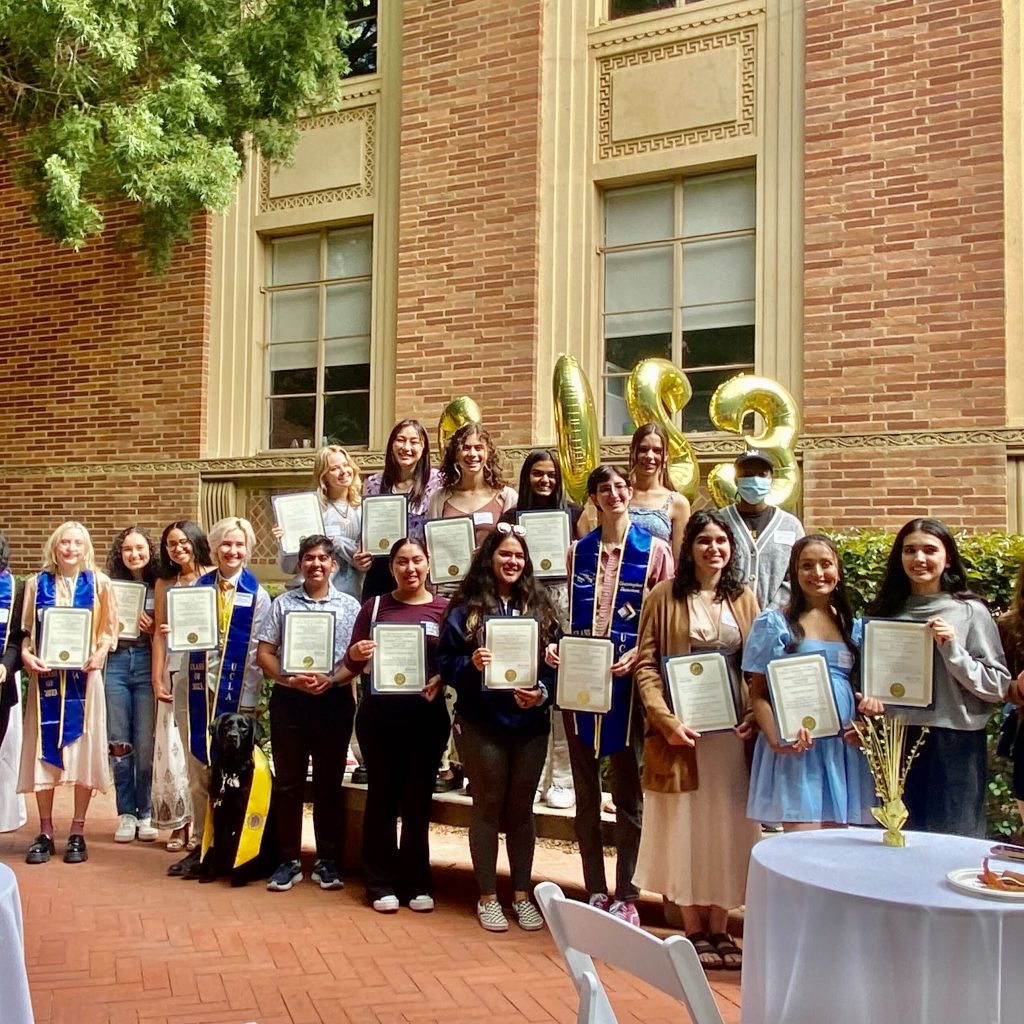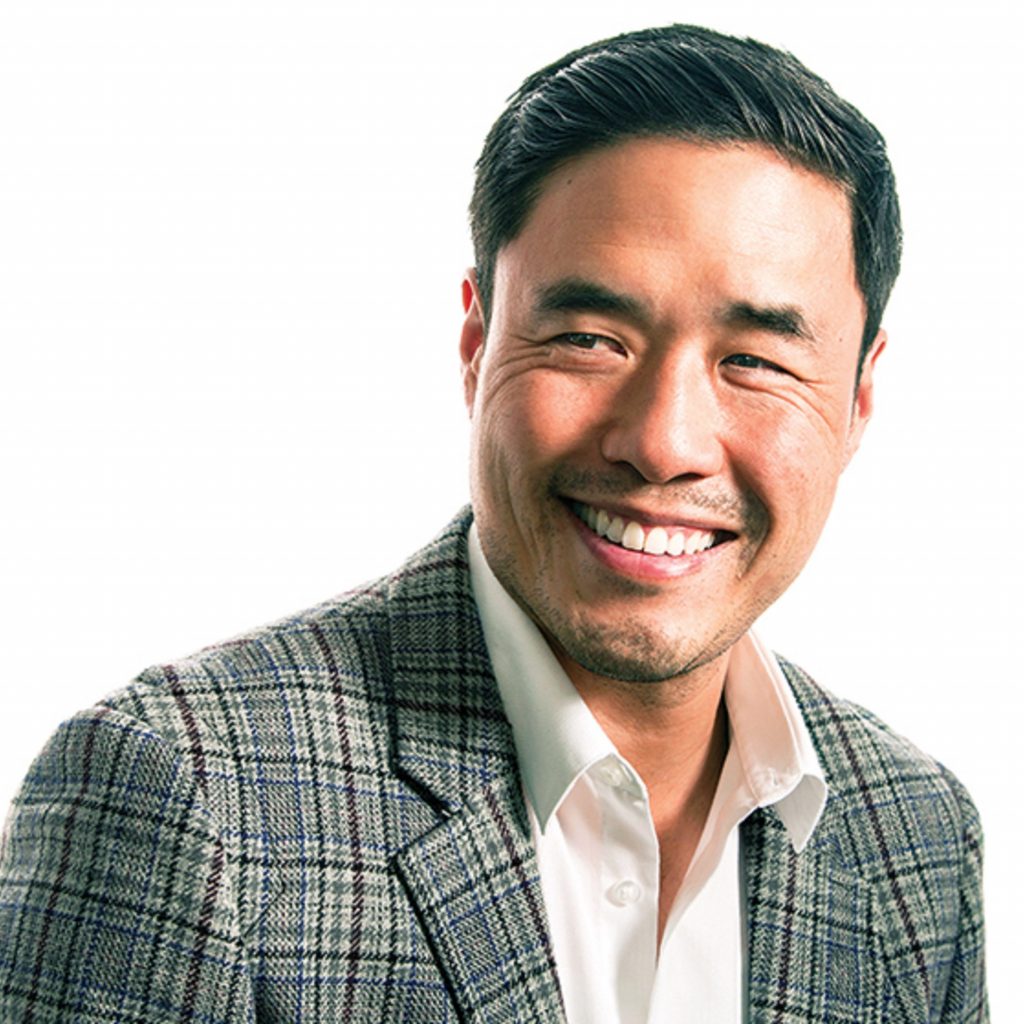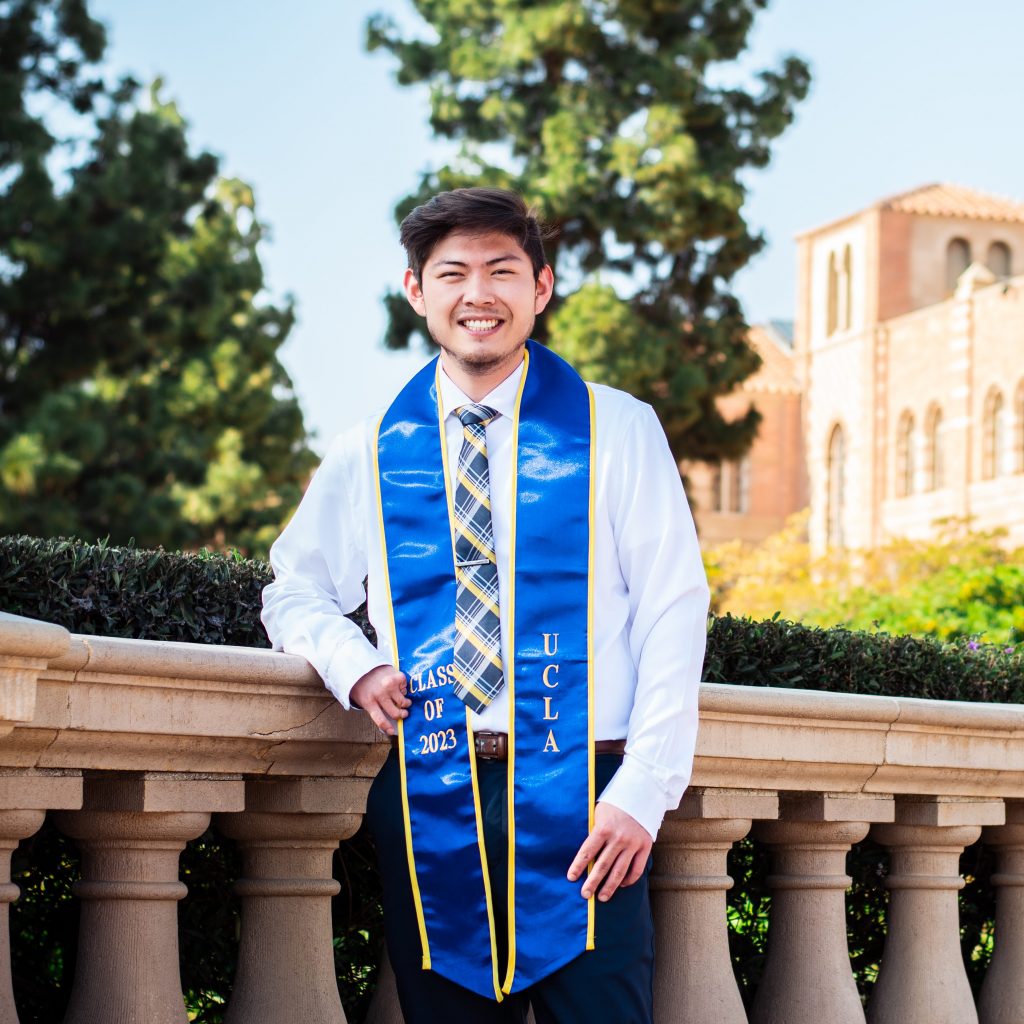UCLA Disability Studies hosted an online conversation with Professors Sami Schalk, Jina B. Kim, and Juliann Anesi discussing the rapidly evolving field of disability studies. The event was part of an ongoing series of virtual conversations on the Future of Disability Studies.
The series comes at a significant time in the history and development of the discipline. The coming academic year marks the fortieth anniversary of the founding of the Society for Disability Studies in 1982, and fifteen years since the establishment of UCLA’s Disability Studies minor in 2007. It is timely, then, for the disability studies community to consider its future, and for UCLA’s Disability Studies program, in particular, to plan to expand our curriculum to embrace the growing interests in the field.
The scholars considered questions such as: How has disability studies grown and changed in recent years? Who are the thought-collaborators (e.g., scholars, activists) who are shaping the field of disability studies? What topics and concepts are key thought-collaborators exploring? What do prominent scholars and activists envision as the future of disability studies? How does the field need to grow and change to have the greatest impact?
Event Highlights
Jina B. Kim: Disability Studies is a framework that really helps me be gentle with myself and to sort of challenge this internalized narrative that my value is linked to how productive I am. It’s helped me realize that rest is not something that I have to earn. Right? It’s something that I am worthy of regardless of what I do.
Sami Schalk: A big part of it is for me just wanting the field to look differently. When I was first starting off in the field, there was never a panel of people of color ever. Not ever. And I was pulled on a lot of things as one of the few black folks around.
So that is something that’s exciting to me. Something I also found in the last couple years is that there’s so much that you just can’t know dipping into a field for the first time. If you’re grounded in Disability Studies but dipping into Asian American studies or Latinx studies, it’s so different coming from that space. I am excited for folks coming from these fields and pairing with Disability Studies. This is especially something that having a minor or major can really allow for.
The more the field grows, the more it allows different perspectives to be brought into areas that they haven’t been brought into and allows people to be in conversation in ways that they haven’t. And students are taking what they learn and using it in ways I couldn’t imagine.


